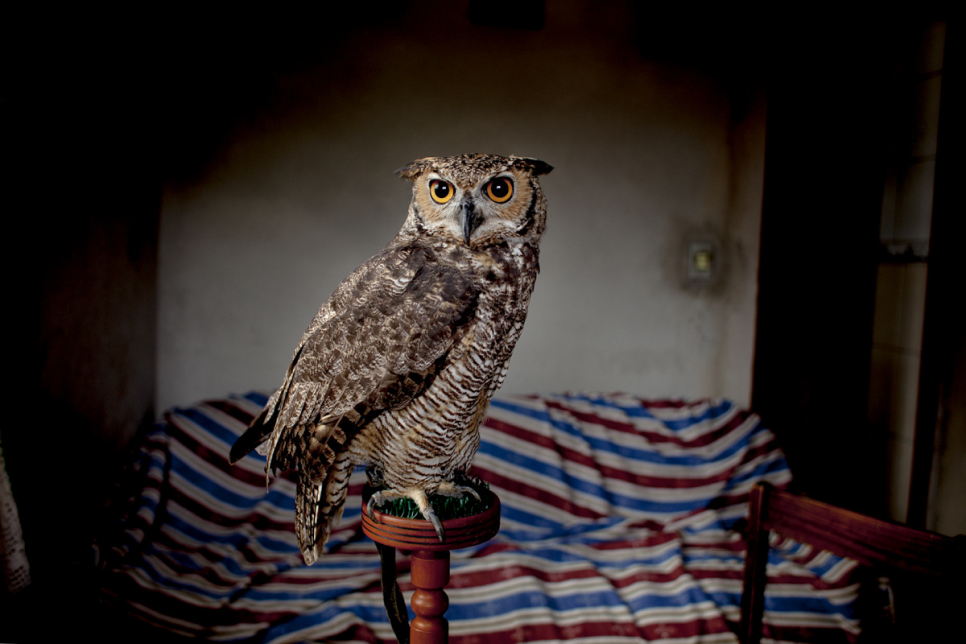
Série Zoo. Fotografia de João Castilho, 2017.
, The thinking literature of Clarice Lispector, a class by Evando Nascimento. IMS Clarice Lispector, 2017. Disponível em: https://site.claricelispector.ims.com.br/en/2017/12/18/a-literatura-pensante-de-clarice-lispector-aula-de-evando-nascimento/. Acesso em: 25 February 2026.
The professor and writer Evando Nascimento gave a class on the work of Clarice Lispector at the IMS Rio. His talk is based on the category of “thinking literature,” which the author uses to describe Clarice’s work: “that which is narrated and the reflections associated with this fact are not opposed. One of the characteristics of the thinking literature of Clarice Lispector is to rethink binary pairs, or very rigid dichotomies,” he explains.
You can watch Evando Nascimento’s talk by clicking here.
*Zoo Series. Photo by João Castilho, 2017.
See also
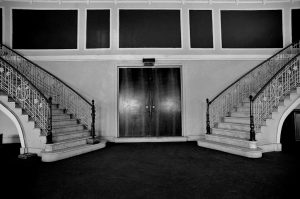 by Yudith Rosenbaum
by Yudith Rosenbaum
The word “unfamiliar” is used by Clarice Lispector in several of her works. To be precise, in the original Portuguese, Clarice employed the neologism infamiliar, which is not in the dictionary, though it cannot be affirmed that the author is the source of this term in Brazilian literature. Nonetheless, by mentioning the word “unfamiliar” at least sixteen times, whether in novels, short stories, or chronicles, the author makes this unique signifier an object of greater attention.
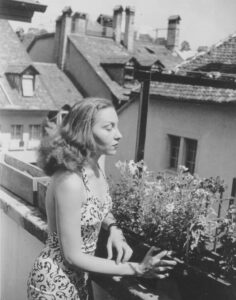 by Bruno Cosentino
by Bruno Cosentino
For the journalist Laura Freitas, Clarice’s female characters hide the germ of nonconformity – “the women are wild,” she affirms.
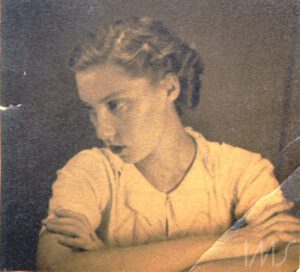 by Victor Heringer
by Victor Heringer
The Chandelier, Clarice Lispector’s second novel, published in 1946, was just translated into English by Benjamin Moser and Magdalena Edwards.
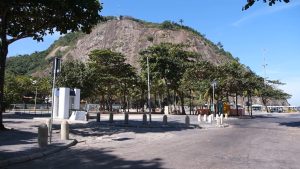 by Equipe IMS
by Equipe IMS
Clarice Lispector spent her childhood in Recife, but at the age of 15 she moved with her father and two sisters to Rio de Janeiro. It was in the then capital of Brazil that the writer lived her youth and early adult life: she completed high school, graduated from law school, had her first professional experiences in the press, got married, and in 1943, released her first book Near to the Wild Heart.
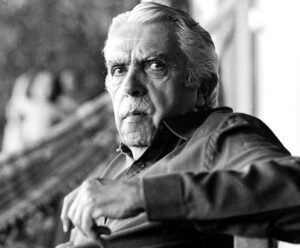 by Rubem Braga
by Rubem Braga
It would be possible to say that Clarice Lispector’s finesse recalls that of Virginia Woolf – which actually seems to be her strongest influence. But what most surprises and captivates me in Clarice’s short stories...
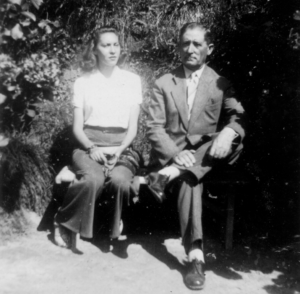 by Bruno Cosentino
by Bruno Cosentino
Clarice’s connection with politics does not take place on the surface of public life, or in the texts that directly address the issue. This is due to the writer’s understanding of the rift between art and politics, which is addressed in two related texts, “Literature and Justice” and “What I Would Like to Have Been,” in which she observes with disconcerting lucidity the uselessness of her literature as a political instrument.







